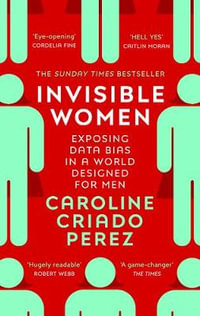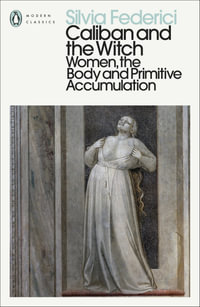"Let the human mind loose. It must be loose. It will be loose. Superstition and dogmatism cannot confine it."-Jane AddamsEmbark on a profound exploration of memory's dual role in shaping individual lives and societal transformations with Jane Addams's compelling work. Addams unveils the intricate interplay of memory as both a personal interpreter of life's complexities and a catalyst for social change. Through a captivating narrative, she delves into the enigmatic tale of the devil baby rumored to haunt Hull House in 1915, revealing how this myth served as a conduit for gathering the poignant life stories of elderly immigrant women. Rather than dismissing the myth as mere superstition, Addams recognizes its power to elicit deeply buried memories, softening the harsh realities of their experiences and fostering acceptance of life's adversities. However, Addams also explores memory's disruptive potential, showcasing how it can challenge entrenched social norms and inspire resistance against oppression. Through vivid examples of women's grassroots activism, from advocating for trade unions to championing the rights of unmarried mothers and protesting against war, Addams illuminates memory's transformative capacity to fuel social reorganization and empower marginalized voices. Addams's illuminating work invites readers to reconsider the significance of memory in shaping our understanding of the past, present, and future of women's experiences in society. Additionally, her tireless efforts to promote peace and social justice transcended local boundaries, earning her the prestigious Nobel Peace Prize in 1931 and solidifying her impact on a global scale.
























